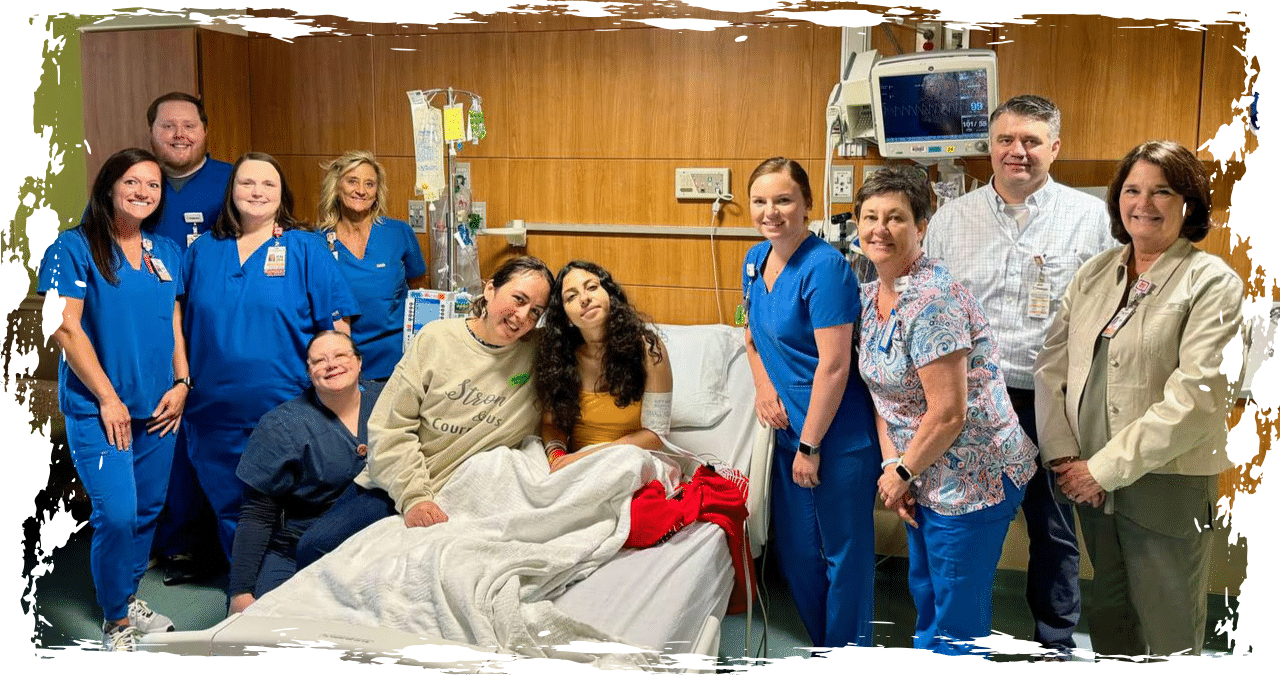A 15-year-old from West Georgia has become one of the early recipients of a groundbreaking medical treatment aimed at postponing the onset of type 1 diabetes.
Ella Velez had the privilege of being one of the pioneers to undergo TZIELD infusions at Piedmont Columbus Regional. This innovative prescription is specifically designed to counteract the body’s autoimmune response, ensuring that insulin production remains unaffected.
Piedmont Columbus Regional is proud to be one of the pioneering facilities in the United States that can provide drug infusions to delay the onset of type 1 diabetes. This groundbreaking treatment has the potential to extend the time period before the disease takes hold by an impressive two to seven years.
According to endocrinologist Dr. Steven Leichter, the clinical onset of type 1 diabetes can have a significant impact on an individual’s life. This refers to when a person becomes symptomatic and the progression of the condition is irreversible. Those in Stage 3 of the disease will require insulin for the remainder of their lives, as their bodies are unable to produce sufficient amounts on their own. Having more time to prepare for the future can be beneficial in managing this chronic condition.
Ella Velez receives 14 consecutive days of TZIELD infusions at Piedmont Columbus. The hospital has announced that starting in the fall of 2024, the Bill and Olivia Amos Children’s Hospital will incorporate the treatment into its regular medical services.
Her family has firsthand experience with diabetes, as her 14-year-old brother Alex was diagnosed with type 1 diabetes, as reported by her family.
Ella’s family stated that she underwent autoantibody testing following her brother’s diagnosis, and the results came back positive. However, after two years, her condition began to deteriorate to the extent that she was at risk of developing diabetes.
According to Ella’s father, Luis Velez, their 14-year-old son Alex was diagnosed with type 1 diabetes in December 2019. Following his diagnosis, Alex took part in clinical trials for the treatment.



